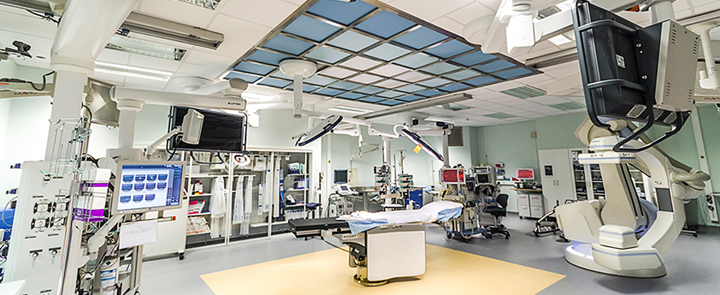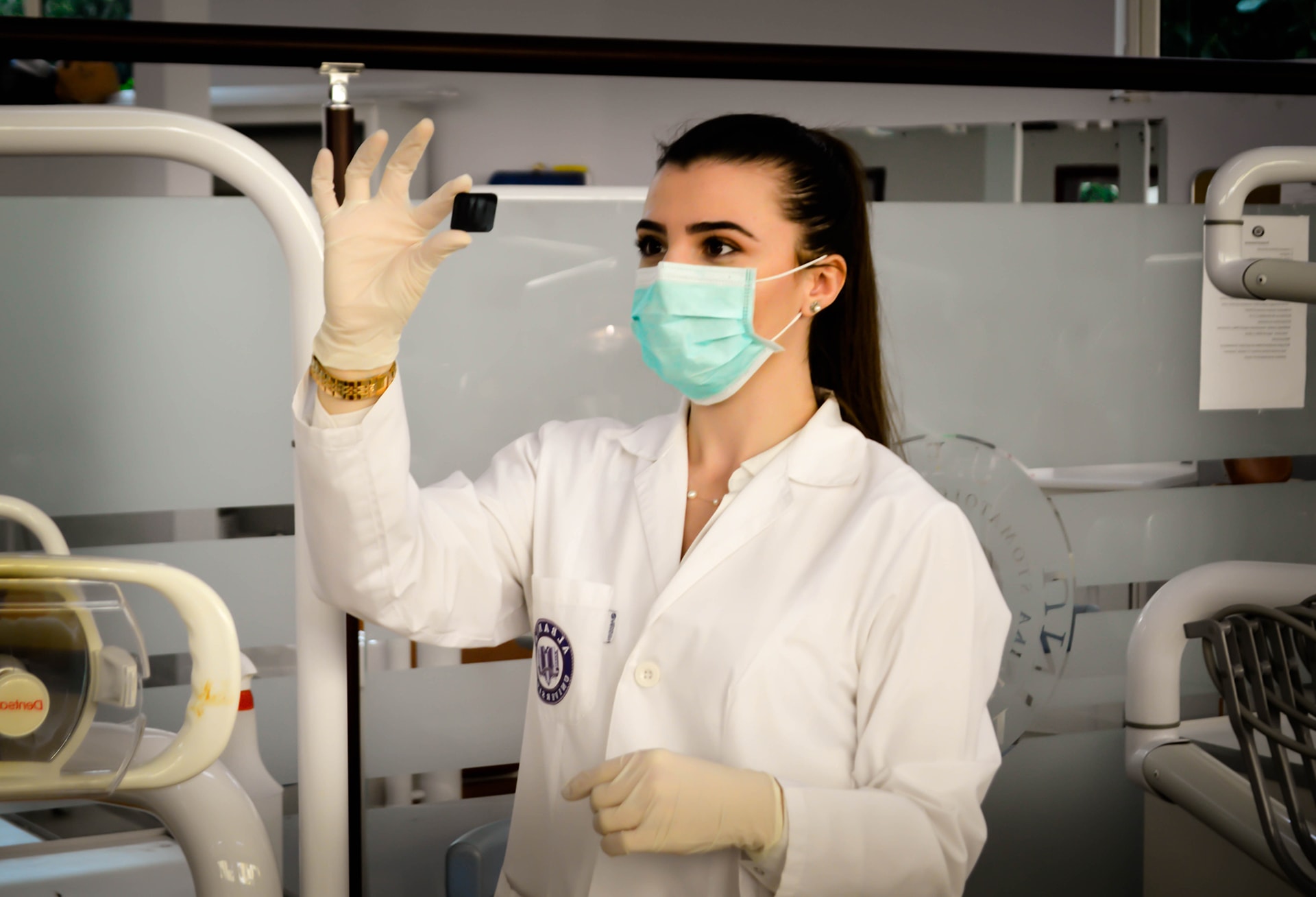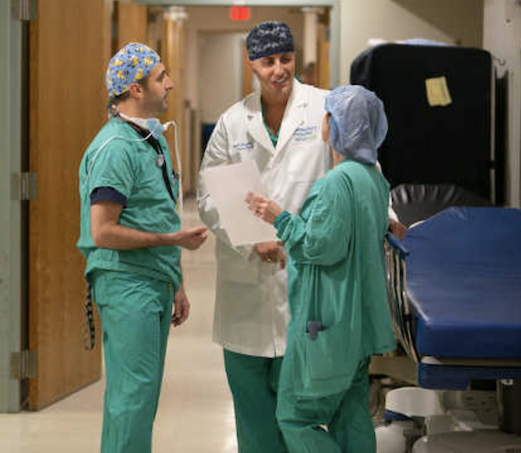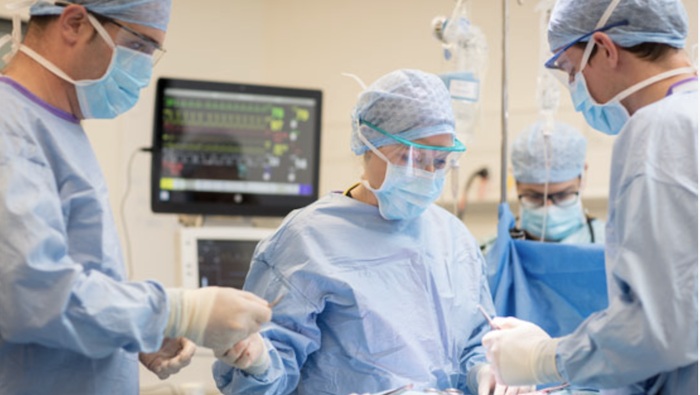
Categories: London Living, Programmes, Universities
Pursuing a medical degree in the UK can be an excellent choice for those passionate about helping others and making a difference in people's lives.
In this blog post, we will explore how long it takes to become a qualified doctor in the UK, what other career options are available for medical students, and how the SCL International Foundation Programme can help prepare you for undergraduate medical studies.
Becoming a qualified doctor in the UK can take up to ten years, depending on the route chosen by the student. After completing their A-levels or equivalent qualifications, students must obtain an undergraduate degree in medicine from a recognised UK medical school, which typically takes five years. The course combines academic study with practical training, including placements in various healthcare settings.
Upon completing their undergraduate degree, students must undertake a two-year foundation programme of supervised clinical training in various medical specialities. After completing the foundation programme, doctors can apply for speciality training in their chosen area of medicine, which typically takes four to six years.
Becoming a qualified doctor in the UK can be a long and challenging journey. It requires a high commitment and dedication, but the rewards can be significant for those passionate about assisting others and creating a positive impact on society.

While becoming a doctor is a common career choice for medical students, other career paths are available within the healthcare industry. These include:
Dentistry: Dentists are responsible for the diagnosis, prevention, and treatment of conditions affecting the teeth, gums, and mouth. Like medicine, dentistry requires high academic and clinical training, and students must complete a five-year undergraduate degree followed by a mandatory one-year training programme. All newly qualified dentists must complete that training before they can practice independently in the UK. The foundation training programme is designed to help dentists develop their clinical skills, gain practical experience, and build their confidence in a supervised environment.
Pharmacy: Pharmacists are responsible for dispensing medication and advising patients on the safe and effective use of drugs. Students must complete a four-year undergraduate degree in pharmacy, followed by pre-registration training.
Nursing: Nurses work alongside doctors and other healthcare professionals to provide care and support to patients. There are several routes into nursing, including a three-year undergraduate degree or a two-year postgraduate diploma.
Medical Research: Medical research involves investigating the causes, treatment, and prevention of diseases. Students can pursue a career in medical research by obtaining an undergraduate or postgraduate degree in a related field, such as biology or biochemistry.


Anaesthetists, for example, are responsible for administering anaesthesia to patients during surgery or other medical procedures. They work closely with other medical professionals, such as surgeons and nurses, to ensure patients are comfortable and safe during procedures.
Cardiologists, on the other hand, specialise in diagnosing and treating heart diseases and conditions. They use various diagnostic tests, such as EKGs and echocardiograms, to identify heart problems and develop treatment plans to help patients manage their needs.
General Practice Doctors, also known as GPs or family doctors, provide primary care to patients of all ages. They are usually the first point of contact for patients seeking medical care, and they work to promote good health and prevent illness.
Neurologists specialise in diagnosing and treating conditions that affect the brain and nervous system. They work with patients who have ailments such as epilepsy, multiple sclerosis, and Parkinson's disease.
Pathologists are medical professionals who study the causes and effects of diseases. They use various diagnostic techniques, such as tissue analysis and microscopy, to identify the underlying causes of diseases and develop treatment plans.
Surgeons specialise in performing surgical procedures. They work closely with other medical professionals, such as anaesthetists and clinical radiologists, to provide patients with safe and effective surgical care.
A career in the National Health Service (NHS) can be a fulfilling choice for those who have completed a medical degree. As the UK's largest employer, the NHS provides a diverse range of opportunities for doctors to specialise in various fields, work in different settings and locations, and contribute to the improvement of public health.
But numerous professions make up the healthcare sector, not just doctors. From nurses and health professionals to administrators and support staff, such as physiotherapists, occupational therapists, and speech and language therapists, who also play a critical role in patient care and rehabilitation.
In addition to clinical roles, the NHS requires a vast array of support staff to keep the system running smoothly. Administrators, clerical staff, and IT professionals all play a crucial role in ensuring the efficient functioning of the NHS.

Private healthcare companies offer different benefits, such as higher salaries, better working conditions, and the opportunity to work with cutting-edge technologies and treatments. However, private healthcare is often associated with a profit-driven approach and can be more competitive and stressful than working in the NHS.
Some of the UK's leading private healthcare companies that hire new graduates include BMI Healthcare, HCA Healthcare UK, Spire Healthcare, Nuffield Health, Ramsay Health Care UK, and Circle Health Group. These companies offer a range of career paths, from clinical roles, such as doctors, nurses, and associated health professionals, to non-clinical roles, such as management, administration, and support services. However, it's important to note that the recruitment process for private healthcare companies can be highly competitive, and candidates are expected to have excellent academic and professional qualifications, relevant experience and skills.
An important note on acquiring work experience while pursuing UK university studies:
During term time, international students are permitted to work for a maximum of 20 hours per week, while during holidays, they are allowed to work full-time. This regulation applies to the entirety of the UK, encompassing England, Scotland, Wales, and Northern Ireland. However, the regulations governing part-time work may vary depending on the student visa status and specific terms of their visa. It is advisable for international students to consult with the UK visa and immigration authorities to confirm the current rules and regulations regarding part-time work.
The SCL International Foundation Medical Programme is a three-term course designed for international students who wish to progress onto undergraduate courses in the UK to study medicine, dentistry, pharmacy and other life science fields.
The programme consists of academic modules, study skills, and one-to-one tutorials preparing students for their undergraduate studies in medicine.
In addition to the academic modules, the programme includes study skills workshops to help students develop the skills they need to succeed at university. These include academic writing, research skills, and critical thinking.
One of the unique features of the SCL International Foundation Programme is the guaranteed enrolment interview with up to six universities in the UK, Ireland, Cyprus, Malaysia and Grenada!
We hope you found our blog post informative and helpful in understanding the different career options in medicine beyond becoming a doctor.
If you have any questions or want to learn more about our programmes, we encourage you to book a free discovery call - send an email to info@sclinternationalcollege.com or use the button below to schedule a call at a time that suits you. Our team is always here to provide guidance and support to help you start your journey towards a successful medical career.

Select from below to filter by category.
Subscribe now and get our monthly enewsletter with all our latest tips and guides.